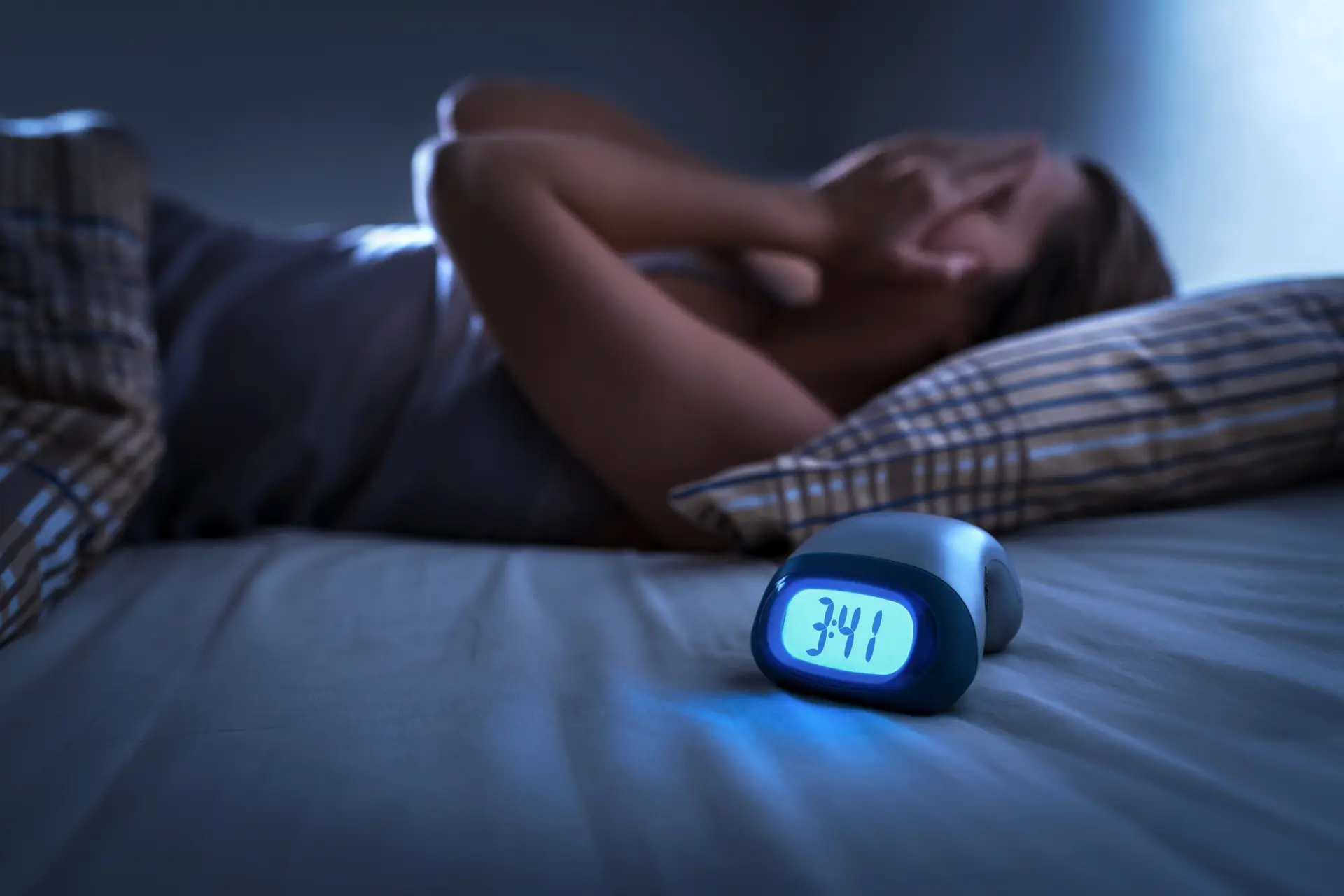One of the most common types of sleep disorders is known as sleep apnea repeated pauses in breathing during sleep. It comes in various types, with obstructive sleep apnea (OSA), central sleep apnea (CSA), and complex sleep apnea syndrome being the most common.
OSA, the prevalent form, results from relaxed throat muscles causing airway blockages. Sleep apnea has been linked to a number of major health problems like cardiovascular problems and daytime fatigue.
Health Risks and Consequences
Untreated sleep apnea poses significant health risks and consequences. It’s associated with an increased likelihood of cardiovascular problems, including hypertension, heart disease, and strokes.
Repeated pauses in breathing while sleeping have lowered risk factors for a wide range of health conditions associated with oxygen levels in the blood, straining the heart and contributing to these issues.
Additionally, chronic sleep disruption results in daytime fatigue, cognitive impairment, and mood disturbances, impacting overall well-being and quality of life.
Recognizing these potential health risks underscores the importance of timely diagnosis and appropriate treatment for sleep apnea to mitigate these consequences and improve one’s long-term health outlook.
Risk Factors and Symptoms
Identifying risk factors and recognizing sleep apnea symptoms is crucial for early intervention. Common risk factors include obesity, family history, smoking, and advancing age. Understanding these risk factors can help individuals assess their susceptibility to sleep apnea.
Symptoms of sleep apnea are varied and may include loud and chronic snoring, choking or gasping for air during sleep, excessive daytime sleepiness, morning headaches, difficulty concentrating, and irritability.
Awareness of these symptoms is essential as they often prompt individuals to seek medical evaluation. Early sleep apnea diagnosis and treatment can greatly affect the quality of a product as a whole product as a whole one’s life and can lessen the associated health risks.
Diagnosis and Evaluation
Diagnosing and evaluating sleep apnea typically involves a comprehensive assessment by healthcare professionals. Sleep studies, known as polysomnography, are the primary diagnostic tools. During these studies, various parameters are monitored while the individual sleeps, including breathing patterns, oxygen levels, brain activity, and heart rate. These data help in identifying the presence and severity of sleep apnea.
We collaborate with sleep specialists at River District Smiles Dentistry to ensure a thorough evaluation. Our expertise extends to evaluating and diagnosing sleep apnea, focusing on providing our patients with precise and efficient treatment choices that are adapted to their individual needs.
Treatment Options
Our range of treatment options aims to improve sleep quality and overall health. We offer oral appliances, specifically mandibular advancement devices, which are designed to reposition the jaw and maintain an open airway during sleep.
We provide CPAP alternatives for those who find continuous positive airway pressure (CPAP) machines uncomfortable. Additionally, lifestyle modifications, such as weight management and positional therapy, can be integral to improving sleep apnea symptoms.
We Offer Comprehensive Care Approach to Sleep Apnea
We believe in a holistic approach to addressing sleep apnea at River District Smiles Dentistry. This includes collaborating with sleep specialists to ensure a multidisciplinary evaluation and treatment plan. We provide customized solutions tailored to each patient’s unique needs and preferences. Our commitment extends beyond initial treatment as we monitor progress to optimize sleep quality and overall health.
Don’t let sleep apnea disrupt your life and jeopardize your health. Explore the world of sleep apnea evaluation and treatment at River District Smiles Dentistry, where we prioritize your well-being, restful sleep, and enhanced quality of life.



